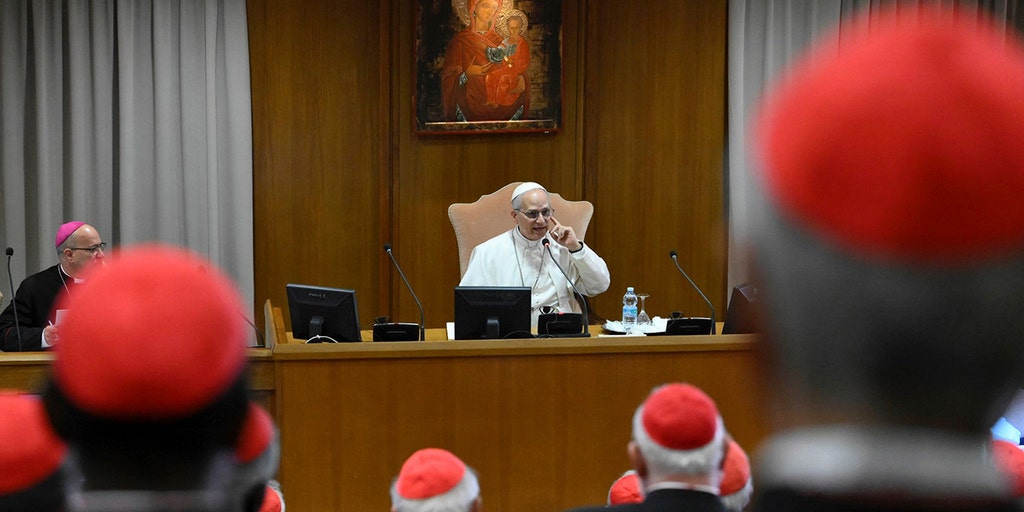
Pope Leo XIV has issued a strong warning on the potential ethical ramifications of artificial intelligence (AI), stressing that rapidly advancing technologies may pose serious threats to human dignity and social equity. Speaking from Vatican City, the Pope urged the Catholic Church to proactively address the moral challenges posed by AI to ensure that technological progress serves humanity responsibly and equitably.
In his statement, Pope Leo XIV emphasized that while AI offers the potential to improve lives through enhanced efficiencies, healthcare advancements, and economic growth, it also introduces complex ethical issues that cannot be ignored. Citing concerns such as algorithmic bias, surveillance, job displacement, and the depersonalization of human relationships, the Pontiff argued that unchecked AI development could undermine the inherent dignity of every individual.
“The power of artificial intelligence must be tempered by ethical reflection and guided by the principle of the common good,” said the Pope. “Technology should serve people, not replace them. It is imperative that we do not lose sight of the humanity at the heart of our societies.”
The Pope called on leaders within the Catholic Church, policymakers, and technologists around the world to develop clear ethical frameworks for AI development and implementation. He advocated for global cooperation in regulating new technologies, ensuring transparency, and safeguarding the rights of the most vulnerable populations who are often disproportionately impacted by digital inequality.
Pope Leo XIV’s remarks come amid intensifying public discourse on AI governance, as nations and private entities grapple with harnessing the power of AI while mitigating unintended consequences. His message aligns with growing calls from scientists, ethicists, and civil society organizations urging more robust oversight of AI systems.
The Vatican has been increasingly active in shaping the global conversation on ethical technology, following similar statements in recent years underlining the moral responsibilities of innovators and institutions. The Pope reaffirmed the Catholic Church’s commitment to being a moral compass in the digital age, emphasizing that faith and reason must work together to ensure technology elevates, rather than diminishes, the human spirit.
“As we navigate the possibilities and perils of artificial intelligence,” concluded the Pope, “let us remain vigilant guardians of human values, protecting every person’s dignity in this new digital frontier.”
Source: https:// – Courtesy of the original publisher.








